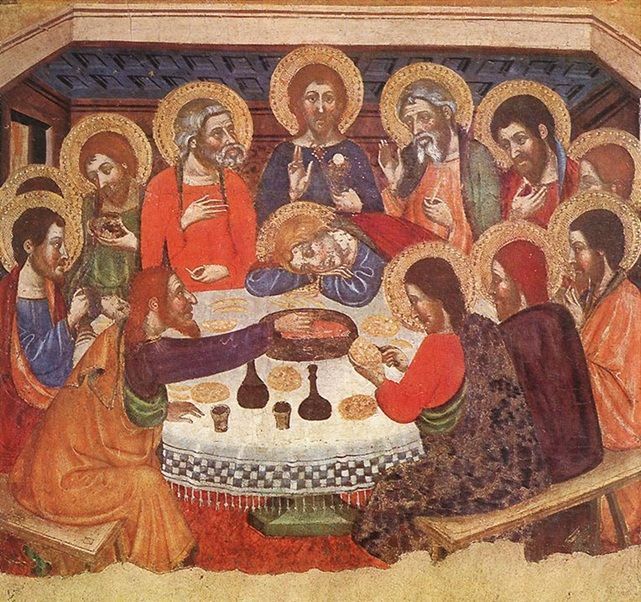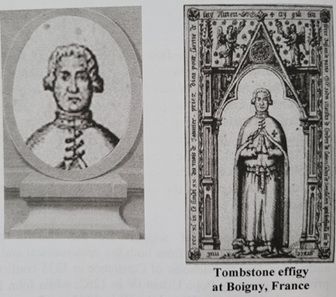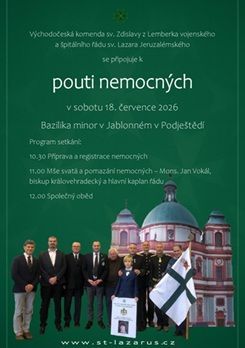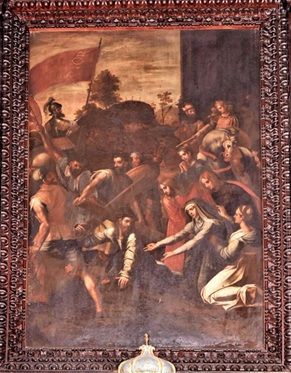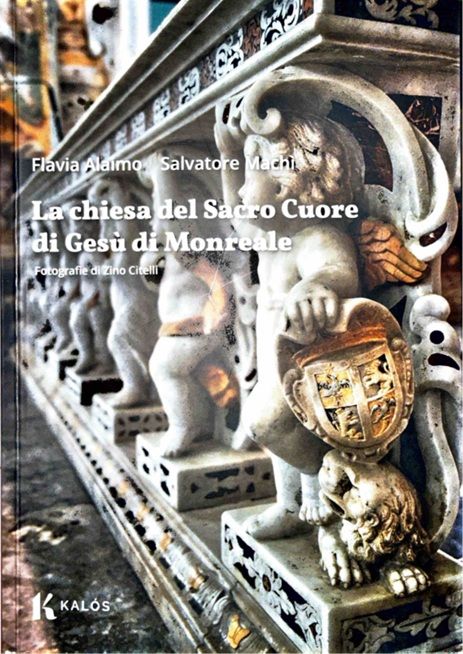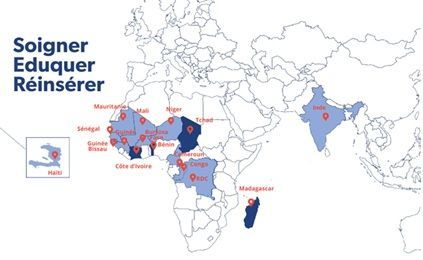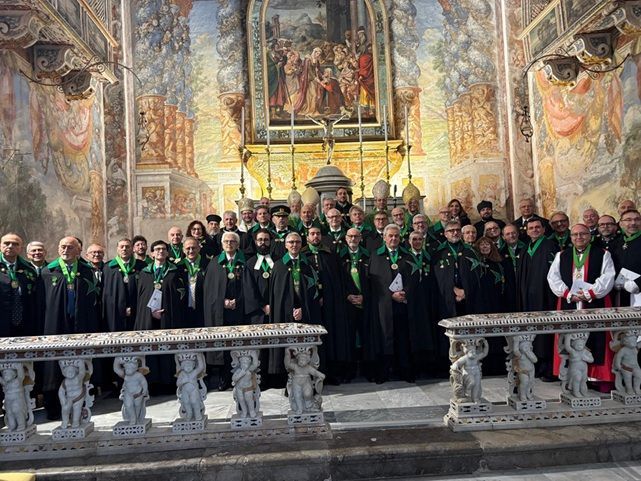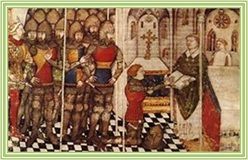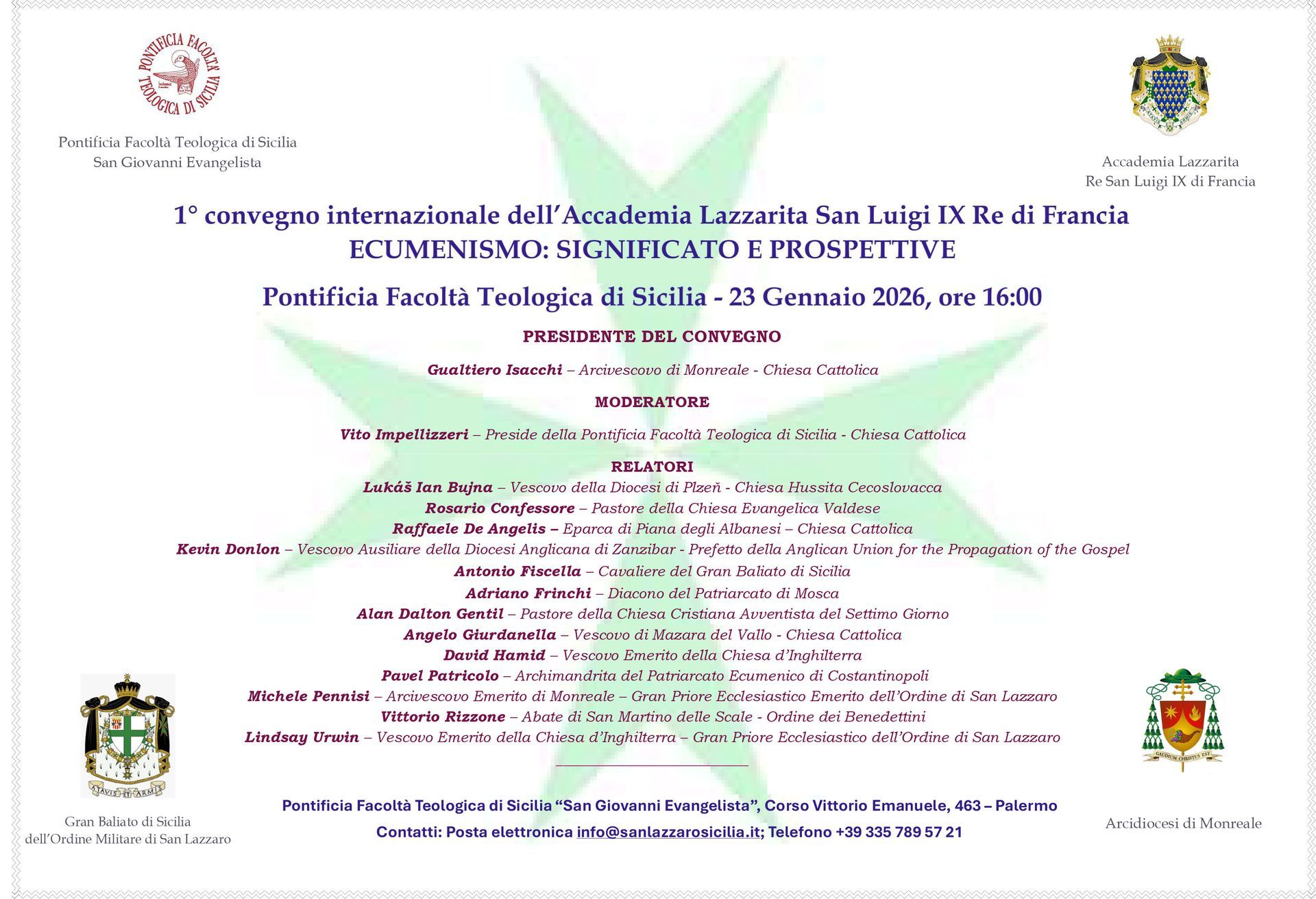MEDITAZIONE PER IL GIOVEDÌ SANTO 2025 DEL VESCOVO DAVID HAMID, ECLJ VESCOVO SUFFRAGANEO EMERITO DELLA DIOCESI ANGLICANA DI GIBILTERRA IN EUROPA
MEDITAZIONE PER IL GIOVEDÌ SANTO 2025 DEL VESCOVO DAVID HAMID, ECLJ VESCOVO SUFFRAGANEO EMERITO DELLA DIOCESI ANGLICANA DI GIBILTERRA IN EUROPA
(L'Ultima Cena, tempera su tavola di Jaume Serra, 1370-1400, Galleria Regionale del Palazzo Abatellis, Palermo)
Carissimi Confratelli e Consorelle dell’Ordine Militare e Ospedaliero di San Lazzaro di Gerusalemme,
Il Giovedì Santo le Scritture ci portano a riflettere sul nuovo comandamento di nostro Signore Gesù: “Amatevi gli uni gli altri. Come io vi ho amato, così amatevi anche voi gli uni gli altri” (San Giovanni 13.34). Nel dramma di questa giornata, Nostro Signore ci mostra due segni di questo amore divino, due modi di intendere l'amore di cui parla.
Il primo segno è che l'amore assomiglia a un pasto.
Il primo Giovedì Santo a Gesù rimanevano meno di 24 ore di libertà prima di essere consegnato alla morte. Cosa decise di fare? Cenò con i suoi amici. Un modo semplice per dimostrare l'amore per i nostri amici è quello di condividere un pasto; questo avvicina gli amici. Nostro Signore in questo giorno ha istituito il pasto eucaristico che è diventato la vita e il fulcro dei discepoli, la Chiesa. Ma è molto più di un pasto in cui si rinnova un'amicizia affettuosa. È un pasto in cui l'ospite ci dà tutto. È un pasto sacrificale. Ricevendo la Santa Comunione riceviamo l'effusione d'amore del Signore, il dono di se stesso nel Corpo e nel Sangue. Mentre Cristo ci nutre nel sacro banchetto, sperimentiamo l'infinità dell'amore di Dio, perché in questo pasto, nonostante tutti i nostri fallimenti, ci rendiamo conto di essere gli esseri più speciali e preziosi di tutta la creazione. Agli occhi amorevoli di Dio vale la pena dare tutto e morire per noi. Anche se possiamo sentirci indegni, ricordiamo che Nostro Signore ha condiviso la tavola con esattori delle tasse e peccatori. Tutti sono riconciliati attorno alla Santa Tavola. Questo è l'abbraccio dell'amore di Dio.
L'altro segno d'amore che contraddistingue questo giorno è un asciugamano.
Durante l'Ultima Cena Gesù si alzò, si tolse la veste esterna, si legò un asciugamano intorno alla vita e iniziò a lavare i piedi ai suoi discepoli. Lavare i piedi a qualcuno è chiaramente un atto intimo e tenero. Immaginatevi, nella calda e polverosa Palestina, di avvicinarvi molto a un'altra persona, di inginocchiarvi per lavarle via il sudore, la sporcizia e il sudiciume dai piedi. L'amore per Nostro Signore Gesù è una cosa pratica: è un servizio d'amore, inginocchiarsi per terra per lavare i piedi sporchi e polverosi di un altro. Lavando i piedi ai discepoli, Gesù ci insegna che l'amore significa mettere da parte le divisioni che sono comuni nell'umanità - tra padrone e schiavo, tra chi ha potere e chi non ne ha, tra inferiori e superiori. L'amore non fa distinzioni di questo tipo. Egli dice: “Se io, vostro Signore e Maestro, vi ho lavato i piedi, anche voi dovete lavare i piedi gli uni agli altri” (San Giovanni 13.14). Ricordate che Gesù ha lavato i piedi anche a Giuda Iscariota!
Questo giorno ci viene mostrato l'aspetto dell'amore divino, l'amore che siamo invitati a condividere come comunità di Gesù Cristo: un pasto sacrificale e riconciliante di unità e un asciugamano di servizio.
Monreale, 17 aprile 2025
+ David Hamid, ECLJ, Vescovo Suffraganeo Emerito
della Diocesi Anglicana di Gibilterra in Europa
Cappellano del Gran Baliato di Sicilia dell’Ordine di San Lazzaro di Gerusalemme
MEDITATION FOR HOLY THURSDAY 2025 BY BISHOP DAVID HAMID, ECLJ SUFFRAGAN BISHOP EMERITUS OF THE ANGLICAN DIOCESE OF GIBRALTAR IN EUROPE
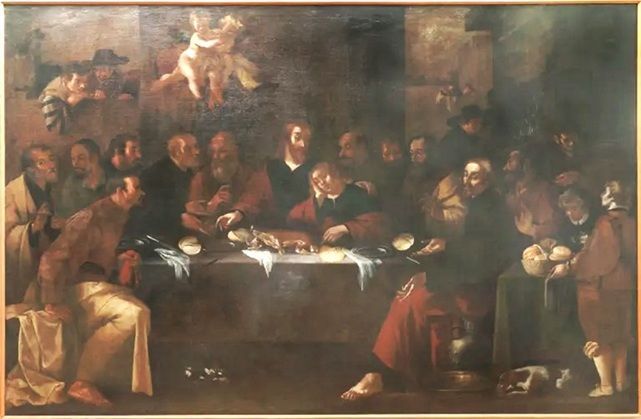
(Last Supper, by P. D'Asaro known as the ‘Monocolo di Racalmuto’, 1621, Gallery of Palazzo Abatellis, Palermo)
Dear Brothers and Sisters of the Military and Hospitaller Order of St Lazarus of Jerusalem,
On Holy Thursday, the scriptures move us to reflect on our Lord Jesus’s new commandment: “Love one another. Just as I have loved you, you also should love one another” (St John 13.34). In the drama of this day, Our Lord shows us two signs of that divine love, two ways of understanding the love of which he speaks.
The first sign is that love looks like a meal.
On the first Holy Thursday Jesus had less than 24 hours of freedom left before he was handed over to die. What did he decide to do? He had dinner with his friends. A simple way to show love for our friends is to share a meal; it brings friends close together. Our Lord on this day instituted the Eucharistic meal which has become the life and focus of the disciples, the Church. But it is much more than a meal where loving friendship is renewed. It is a meal where the host gives us everything. It is a sacrificial meal. In receiving Holy Communion we receive the Lord’s outpouring of love, the gift of himself in the Body and the Blood. As Christ feeds us in the sacred banquet we experience the infinity of God’s love, for in this meal, despite all our failures we realise we are the most special and valuable beings in all creation. In God’s loving eyes we are worth giving everything for and dying for. Even though we may feel unworthy, we remember that Our Lord shared at table with tax collectors and sinners. All are reconciled around the Holy Table. Such is the embrace of God’s love.
The other sign of love that marks this day is a towel.
During the Last Supper Jesus got up, took off his outer garment, tied a towel around his waist and began to wash his disciples’ feet. To wash the feet of someone is clearly an intimate and tender act. Imagine in hot and dusty Palestine, getting very close to another person, down on your knees to wash the sweat, grime and dirt off their feet. Love for Our Lord Jesus is a practical thing: it is loving service, kneeling on the floor to wash the dusty, dirty feet of another. By washing the disciples’ feet, Jesus teaches us that love means we put aside the divisions that are common in humanity – between master and slave, between those in power and the powerless, between inferiors and superiors. Love makes no such distinctions. He says “If I, your Lord and Teacher, have washed your feet, you also ought to wash one another’s feet” (St John 13.14). Remember that Jesus even washed the feet of Judas Iscariot!
This day we are shown what divine love looks like, the love we are invited to share as the community of Jesus Christ: a sacrificial, reconciling meal of unity, and a towel of service.
Monreale, 17 april 2025
+ David Hamid, ECLJ, Suffragan Bishop Emeritus
of the Anglican Diocese of Gibraltar in Europe
Chaplain of the Grand Bailiwick of Sicily of the Order of St. Lazarus of Jerusalem

